The views expressed in our content reflect individual perspectives and do not represent the authoritative views of the Baha'i Faith.
In America, across Europe and in many more places around the world, racial unrest has flared up recently, which raises this question: what can we actually do about it?
The “Black Lives Matter” movement has gained wide support, yet the racial polarization continues. Police shootings inflame the issue. The divide widens, the plot thickens and the crisis deepens. Race relations remain far from ideal, with some even saying they’ve reached a new low. Distrust, suspicion and anger dominate.
After working at the forefront of race relations for a long time, the Baha’is have a unique approach to the issue. Back in Jim Crow America, the time of legal segregation in the United States, the Baha’i Faith was considered quite liberal when it came to race relations. Some even regarded the Baha’i call for interracial harmony as radical.
Actually, it was radical—but in a positive way! The Black intelligentsia had a keen interest in the Baha’i efforts to promote ideal race relations in America. You can read about some of these Baha’i efforts to improve race relations in this 41-part series, The Universal Emancipation Proclamation.
Fast-forward to 2017, and you’ll find that the Baha’is are still at work on issues of race. For instance, the annually elected National Spiritual Assembly of the Baha’is of the United States recently published a forward-looking letter about race relations in America. This letter, dated February 25th, 2017, states, in part:
The tensions, divisions, and injustices that currently beset America are symptoms of a longstanding illness. The nation is afflicted with a deep spiritual disorder, manifest in rampant materialism, widespread moral decay, and a deeply ingrained racial prejudice. As a result, millions of our fellow Americans, subject to systemic injustices in many facets of life, are prevented from making their full contributions to society and of partaking fully in its benefits. … That we live in a critical time can be seen in the way essential questions of identity, social vision, and global relations are being raised to a degree not seen in decades. …
The resolution to these challenges lies in recognizing and embracing the truth at the heart of Baha’u’llah’s Revelation―the incontrovertible truth that humanity is one. Ignorance of this truth―which embodies the very spirit of the Age―is itself a form of oppression, for without it, it is impossible to build a truly just and peaceful world. – p. 1.
So how do we get from polarization, where we are today, to ideal race relations and the oneness of humanity, where we want to be tomorrow?
We can answer that question at two levels: institutionally and individually. Institutionally, historic civil rights legislation is now the law, although laws are not enough. They can be used to enforce violations of federal statutes when it comes to employment and housing discrimination—but such laws do not change people’s hearts. No amount of civil rights legislation can eradicate “polite racism,” white privilege and the undercurrent of racial prejudice that continues to persistently plague people everywhere, as Baha’i philosopher, Alain Locke, has pointed out:
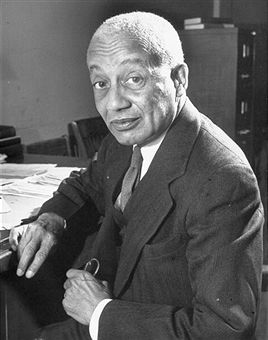
Alain Locke
Constitutional guarantees, legal and civil rights, political machinery of democratic action and control are, of course, the skeleton foundation of democracy, but you and I know that attitudes are the flesh and blood of democracy, and that without their vital reinforcement democracy is really moribund or dead. That is my reason for thinking that in any democracy, ours included, the crucial issue, the test touchstone of democracy is minority status, minority protection, minority rights. – Alain Locke, qtd. in Buck, Alain Locke: Faith and Philosophy (2005), p. 185.
That’s where individuals come in. You and I. We and they. All of us together. We are the real life painters. We are the true-to-life social engineers. We make things happen, and we can create change.
The options and opportunities await, right in front of us. The moral opportunity is here, front and center, looming large—huge, overwhelming, but possible, even necessary. Our destiny beckons. History is about to be written. So what is our script? What specific role can each of us play?
I live in Pittsburgh, Pennsylvania, home of “Mister Rogers’ Neighborhood.” If there ever was an American secular saint, it would be Fred McFeely Rogers, an icon of kindness, who famously wrote:
In the external scheme of things, shining moments are as brief as the twinkling of an eye, yet such twinklings are what eternity is made of moments when we human beings can say ’I love you. I’m proud of you. I’m grateful for you.’ That’s what eternity is made of: invisible, imperishable good stuff. – Fred Rogers, The World According to Mister Rogers: Important Things to Remember (2003).
The Baha’i teachings (and Mr. Rogers) suggest that real social change begins in the neighborhood, especially working with children and youth:
The activities at the core of our community life are the foundation for great social change. Simple as they might appear, they are, in reality, profound and revolutionary. … In an ever-enlarging number of neighborhoods, for example, we will learn how best and most effectively to work among diverse populations and about the practical dimensions of interracial fellowship. Such activity―and the genuine friendships that result― will help to weaken and eventually uproot prejudice-tainted notions underlying our present social order, and can begin to undo racism in our society. – NSA letter, p. 2.
Baha’is all over the world are conducting a voluntary, free, grassroots, neighborhood-based community-building campaign that takes daily action to help educate children, pre-teens and teenagers. Based primarily in low-income, racially diverse neighborhoods and communities, these ongoing activities aim to build new, interracial alliances in service to others:
In the realm of social action, it is possible to observe the range of projects and activities that emerge organically from our community-building work and highlight those which tackle, directly or indirectly, situations with a bearing on race relations. We anticipate the emergence of more such activities as we gain in experience and capacity, and as more people become empowered to serve. – Ibid.
This profound engagement with American society is open to all. You don’t need to be a Baha’i to participate. Check it out—it’s happening, in a neighborhood near you!
If you’d like to participate, reach out to the local Baha’i community to find out how to reach out to others—and reach across the racial divide.


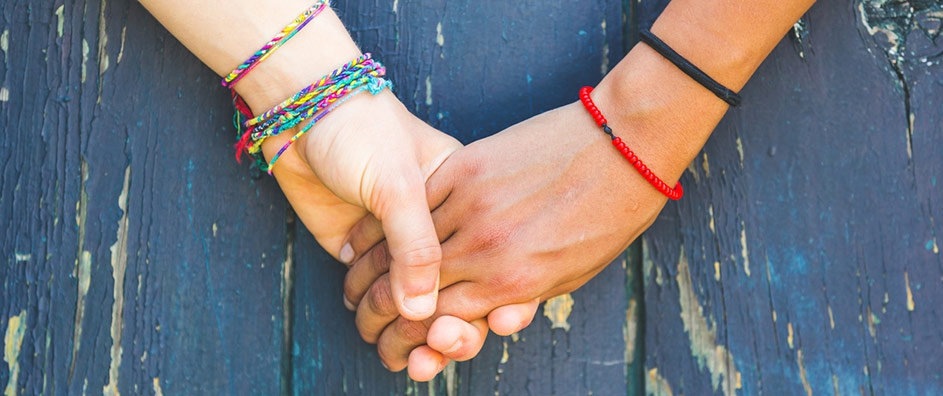

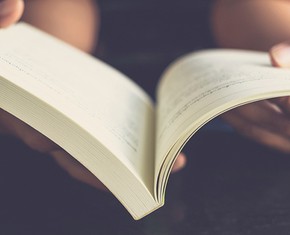
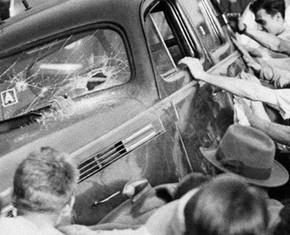
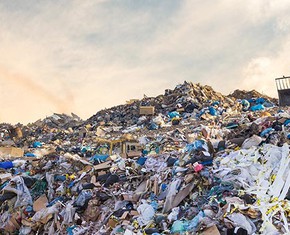









Comments
Sign in or create an account
Continue with Googleor